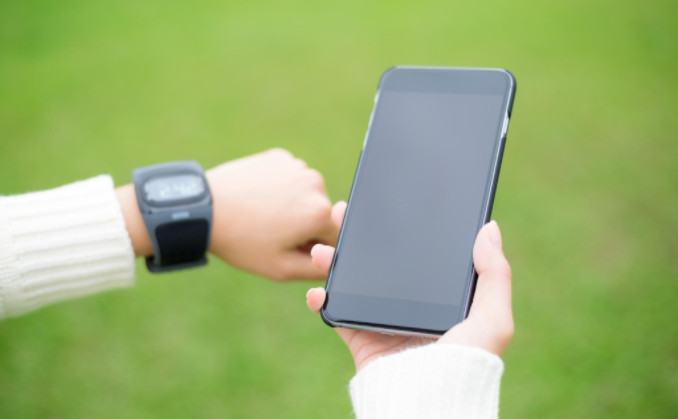
According to Pew Research, 95% of Americans own a cell phone. As many as 77% of these users own a smartphone which is used for a variety of personal information, including pictures, communication, storing files and using mobile apps. The average smartphone user has 41 apps stored in a single device.
Not only are people using smartphones for many areas in their personal lives, but modern mobile forensic technology often assists law enforcement in cracking criminal cases.
A forensic expert must be highly trained on how to get the most advanced technological extractions from phones as well as decoding, reporting and analyzing the data.
Critical details exist in the history of browsing data, social media posts, pictures, call logs and GPS location history. Today more than ever, police and investigators are solving crimes from cell phones and having the evidence right in front of their eyes.
For instance, according to Sgt. Andrew Weaver with the Hartford, Conn. Police Department:
“Cell phones and mobile device data are now impacting virtually every case. With powerful new capabilities, they are really mobile computers and contain important details about what criminals are doing before, during and after a crime is committed. Advanced mobile forensics solutions allow us to tap into that evidence and share it easily with investigators and ultimately prosecutors.”
Each and every day the field of mobile phone forensics is growing and experts are learning more critical information each day on how to use this technology to charge people with crimes.
So the answer of whether cell phones and smartphones can be used as evidence is you better believe it. If you’ve been charged with a crime, this is why you should contact a skilled criminal defense attorney as soon as possible.